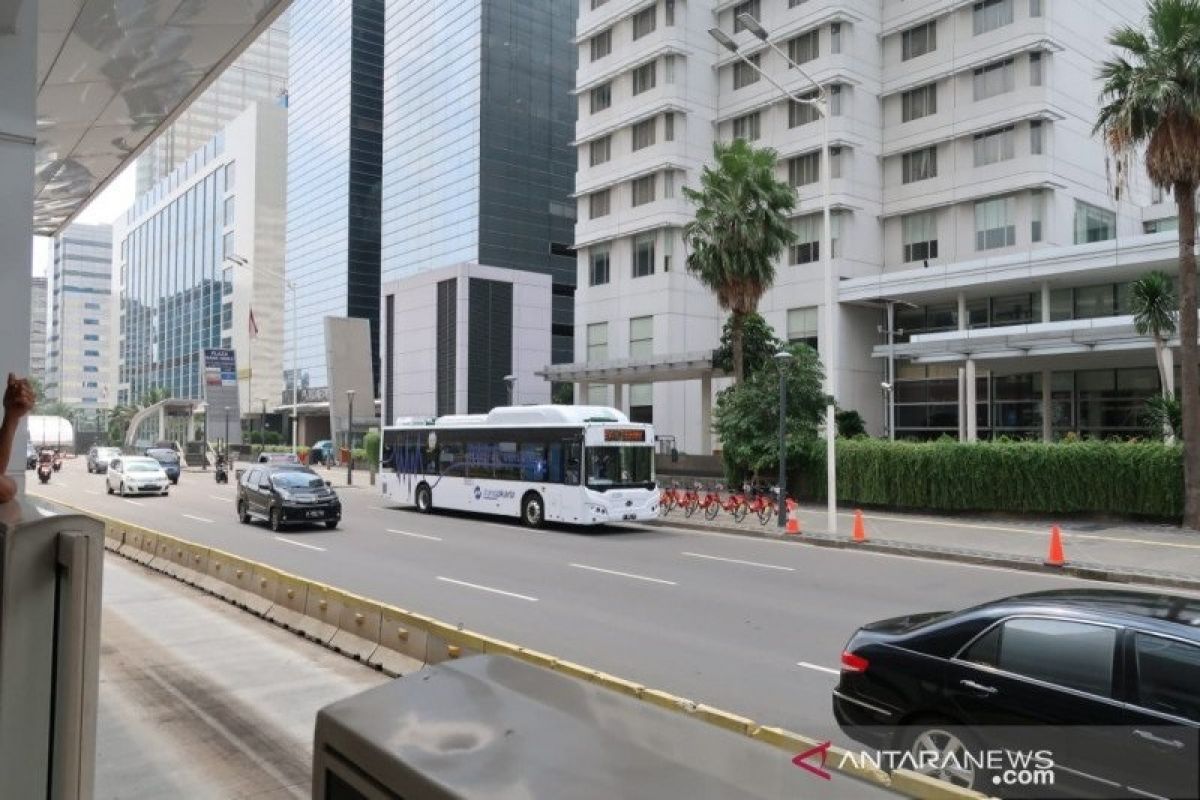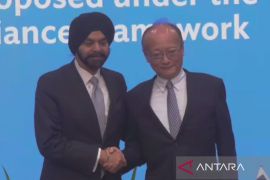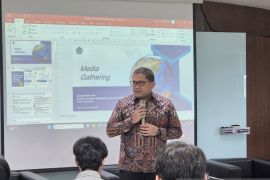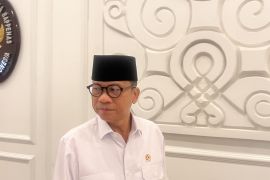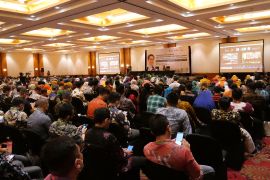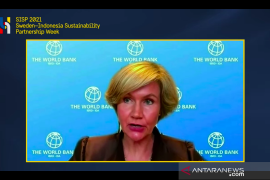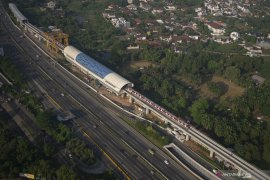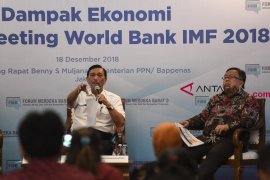We, in cooperation with the World Bank, are in the process of preparing a draft road map for implementing the e-mobility, electricity-based mass transportation program in Indonesia. The program will be firstly implemented in Bandung, Surabaya, and MeJakarta (ANTARA) - The Indonesian government is partnering with the World Bank for creating a road map to apply the e-mobility program, according to Transportation Minister Budi Karya Sumadi.
"We, in cooperation with the World Bank, are in the process of preparing a draft road map for implementing the e-mobility, electricity-based mass transportation program in Indonesia. The program will be firstly implemented in Bandung, Surabaya, and Medan as a pilot project," the minister remarked during an online discussion on "Disrupting the Fueling Network: Electric Vehicles & Smart Transportation" in Jakarta on Thursday.
Sumadi highlighted the government’s commitment to prop up the usage of electric cars in Indonesia. One of the efforts to fulfill the commitment is implementing the national e-mobility plan for the operation of electric buses.
The program is part of the government's endeavors to expedite the development of electric cars in accordance with Presidential Regulation No. 55 of 2019 on the acceleration of the battery electric vehicle program for road transportation, he stated. .
"The government's current policy is to encourage the use of buses, urban transportation modes, and battery-powered electric private cars," the minister pointed out.
To boost the electric car ecosystem in Indonesia, the government has also offered cooperation to the private sector for investment in the ground facility.
The government is offering a government-business world cooperation (KPBU) scheme to cater to all technical and roadworthy requirements for international standard electric cars, he noted.
The Industry Ministry is targeting to produce 600 thousand electric cars and 2.45 million battery-powered motorcycles in 2030.
The production target of battery-powered electric vehicles is expected to lower CO2 emissions from cars by 2.7 million tons and from motorcycles by 1.1 million tons, Industry Minister Agus Gumiwang Kartasasmita noted in a written statement released on Wednesday.
Three domestic companies have, until now, developed facilities for manufacturing battery-powered electric vehicles, with a combined production capacity of 1,480 units per year, he noted.
To drive the production of battery-powered electric vehicles, the government is offering fiscal and non-fiscal incentives to consumers and manufacturers, Kartasasmita stated.
Incentives for consumers comprise zero-percent luxury sale tax (PPnBM), a 10-percent cap on regional tax, zero-percent down payment, low interest, electricity connection discount, and special police number, among other things, according to the minister.
Meanwhile, incentives for manufacturers cover tax holiday, mini tax holiday, tax allowance, import duty exemption, government-borne import duty, and super tax deduction for research, development, and demonstration (RD&D), he noted.
"The automotive industry is one of the key sectors contributing significantly to the national economy. Right now, 21 four- or more-wheeled vehicle manufacturers are operating in Indonesia," he stated.
Related news: Information transparency critical factor in handling COVID-19: Jokowi
Related news: Terror attack at Police HQ is harsh blow: Muhammadiyah
EDITED BY INE
Translator: Adimas Raditya FP/Suharto
Editor: Fardah Assegaf
Copyright © ANTARA 2021
